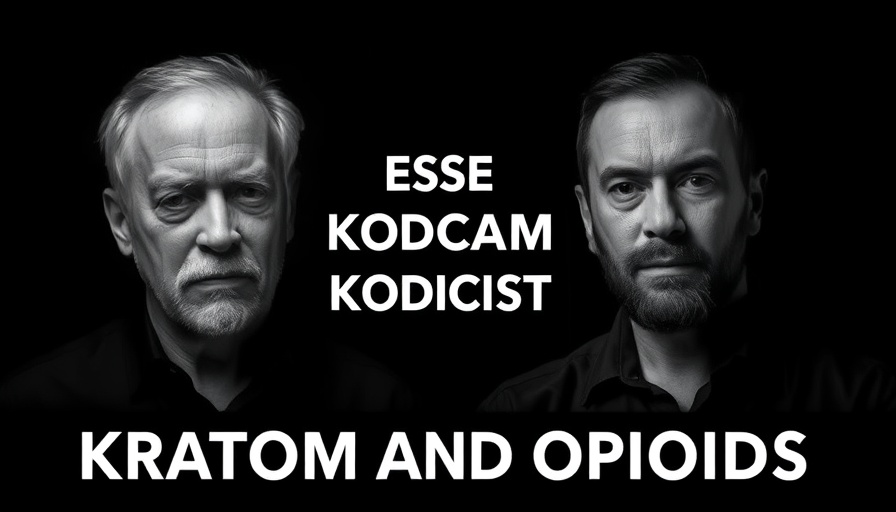
Understanding ADHD: More Common Than You Think
Attention Deficit Hyperactivity Disorder (ADHD) is a condition that affects about 1 in 10 children today, with an increasing number of adults also experiencing its symptoms. Although many children outgrow ADHD, it can persist into adulthood, manifesting as challenges with attention, focus, and impulse control. This article explores why understanding ADHD is crucial not only for those diagnosed, but for everyone seeking to enhance focus and mental health.
In 'ADHD & How Anyone Can Improve Their Focus | Huberman Lab Essentials', the discussion dives into ADHD, exploring key insights that sparked deeper analysis on our end.
What Makes Attention Difficult for Those with ADHD?
Individuals with ADHD often struggle with maintaining attention while also being impulsive and easily annoyed by distractions. Interestingly, they can experience hyperfocus on tasks they find interesting or enjoyable, highlighting the dual nature of attention in ADHD. For these individuals, attention isn’t just about choice; it can be a matter of neurochemistry, specifically the role of dopamine, a neurotransmitter linked to pleasure and reward that significantly influences focus.
Link Between ADHD and Dopamine
Dopamine plays a critical role in regulating attention by narrowing our perception and focusing our thoughts. In those with ADHD, low dopamine levels can disrupt the brain's attentional networks. This is supported by the low dopamine hypothesis—a theory suggesting that inadequate dopamine leads to increased distractibility and impulsivity. To combat these challenges, many resort to foods and substances—like sugary snacks or stimulants—to boost dopamine levels, thus inadvertently self-medicating.
Medication Treatment: A Double-Edged Sword
Pharmaceutical treatments, primarily stimulants like Adderall and Ritalin, are commonly prescribed to help manage ADHD symptoms by enhancing dopamine transmission. While effective for many, these medications come with potential side effects, including addiction and cardiovascular risks. A thoughtful approach that combines medication with behavioral strategies and lifestyle changes, such as increased physical activity and improved diet, may yield the best outcomes.
Alternative Approaches to Improve Focus
In addition to medication, natural supplements have shown promise in enhancing focus and attention. For instance, omega-3 fatty acids—critical for brain health—can improve symptoms for individuals with ADHD. Engaging in exercises that promote a broader visual focus, also known as panoramic vision, has been demonstrated to reduce attentional blinks and improve overall focus.
The Importance of Limiting Smartphone Use
The digital age has ushered in a new challenge for attention. With constant notifications and rapid content consumption, modern smartphones can greatly diminish our ability to focus, often mimicking ADHD-like symptoms. It is recommended that both adolescents and adults limit screen time significantly to maintain their attentional abilities and overall mental health.
Final Thoughts on Managing ADHD
Understanding ADHD is essential for anyone looking to enhance focus and mental health, whether they have the disorder or not. By considering both the biological underpinnings of attention and the lifestyle choices that affect our ability to focus, we can create environments and habits that support better mental clarity. Whether through professional treatment, behavioral modifications, or embracing a healthier diet, it is clear that proactive steps can significantly improve attentional capacities.
 Add Row
Add Row  Add
Add 


Write A Comment